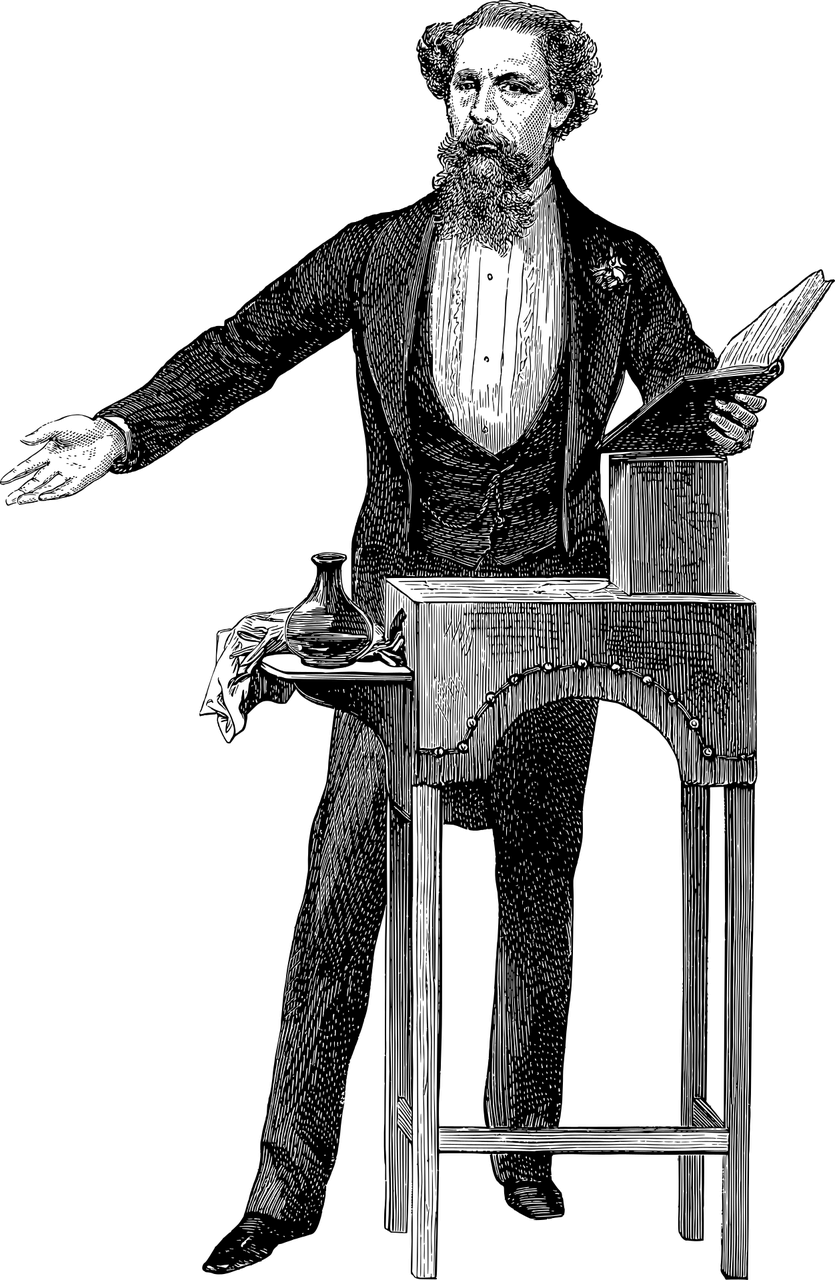1984 George Orwell: A Dystopian Masterpiece Unveiling the Dark Realities of Totalitarianism

Introduction:
George Orwell’s 1984 is a timeless dystopian novel that continues to captivate and disturb readers, offering a haunting portrayal of a totalitarian society. Published in 1949, Orwell’s magnum opus delves into the eerie realms of thought control, surveillance, and manipulation, leaving an indelible mark on the literary world. In this article, we will explore the significance of 1984 George Orwell, its historical evolution, and its enduring relevance today.
Section 1: Understanding 1984 George Orwell

At its core, 1984 presents a chilling depiction of a future society controlled by Big Brother, a tyrannical authority that monitors its citizens’ every move, suppresses individuality, and rewrites history to maintain its power. Orwell’s protagonist, Winston Smith, rebels against this oppressive regime, desperately trying to preserve his autonomy and personal identity.
Key Points:
– 1984 explores the dangers of totalitarianism, warning against the erosion of civil liberties and the loss of personal freedom.
– The novel delves into themes such as surveillance, propaganda, psychological manipulation, and the ultimate power of language.
– Orwell coined terms like “thoughtcrime” and “Newspeak,” which have become part of the cultural lexicon.
Section 2: Historical Evolution of 1984 George Orwell
Upon its publication, 1984 was met with mixed reactions, with some critics praising its prescient vision of a dystopian future, while others labeled it pessimistic and bleak. However, as time passed, Orwell’s work gained recognition and began to resonate with readers worldwide.
Key Points:
– In the early years, 1984 faced challenges due to Cold War politics, with the novel being interpreted as a critique of communist regimes.
– As the threat of totalitarianism persisted, the novel reemerged in popularity in the 1960s and 1970s, resonating with countercultural movements and those opposing authoritarian regimes.
– In recent years, with the rise of surveillance technology and concerns about privacy, 1984’s relevance has only grown, cementing its status as a cautionary tale.
Section 3: The Legacy and Contemporary Relevance of 1984 George Orwell
1984’s influence stretches far beyond the literary realm, permeating popular culture, politics, and societal discourse. Orwell’s dystopian vision continues to serve as a stark reminder of the dangers of unchecked power and the manipulation of truth.
Key Points:
– The term “Orwellian” has entered popular usage, describing situations marked by government surveillance, propaganda, and restrictions on personal freedom.
– The book’s themes and ideas have inspired numerous adaptations, such as films, stage productions, and even music albums.
– In an age dominated by disinformation and fake news, 1984 serves as a timely reminder of the importance of critical thinking and the preservation of individual liberties.
Conclusion:
1984 George Orwell remains an indispensable piece of literature, provoking contemplation and stirring discomfort in readers. Its cautionary narrative and exploration of totalitarianism’s perils serve as a vivid reminder of the need for constant vigilance against the erosion of democracy and personal freedoms. As the decades pass, the relevance of 1984 only deepens, making it a must-read for those seeking to understand the implications of unchecked power in a rapidly changing world.
Sources:
– Orwell, George. 1984. Harcourt Brace & Company, 1949.
– “1984 (Novel).” Wikipedia, Wikimedia Foundation, 29 August 2021, en.wikipedia.org/wiki/1984_(novel).
– Freeman, Hadley. “Why 1984 Is a 21st-Century Hit.” The Guardian, 9 June 2011, www.theguardian.com/books/2011/jun/09/anarchy-ballpm-1984-1984.
– Sutherland, John. “How 1984 Turned a Prophet in Its Own Lifetime.” The Guardian, 1 May 2009, www.theguardian.com/books/2009/may/01/1984-george-orwell.
– Wadham-Smith, Nick. “How Orwell’s 1984 Triggered a Worldwide Revival.” BBC News, 5 March 2019, www.bbc.com/culture/article/20190305-how-orwells-1984-triggered-a-worldwide-revival.
FAQ
How has 1984 George Orwell remained relevant in contemporary society?
What is the main theme of 1984 George Orwell?
Why is 1984 George Orwell considered a classic?
Flere Nyheder
Fotograf i Aalborg: Fang dine værdifulde øjeblikke
Introduction: George Orwell’s 1984 is a timeless dystopian novel that continues to captivate and disturb readers, offering a haunting portrayal of a totalitarian society. Published in 1949, Orwell’s magnum opus delves into the eerie realm...
28 oktober 2025
Tips til at bringe skandinavisk design ind i dit hjem
Introduction: George Orwell’s 1984 is a timeless dystopian novel that continues to captivate and disturb readers, offering a haunting portrayal of a totalitarian society. Published in 1949, Orwell’s magnum opus delves into the eerie realm...
02 oktober 2025
Tips til at vælge den perfekte film til en filmaften
Introduction: George Orwell’s 1984 is a timeless dystopian novel that continues to captivate and disturb readers, offering a haunting portrayal of a totalitarian society. Published in 1949, Orwell’s magnum opus delves into the eerie realm...
01 oktober 2025
Hvordan kunst spejler forskellige historiske perioder
Introduction: George Orwell’s 1984 is a timeless dystopian novel that continues to captivate and disturb readers, offering a haunting portrayal of a totalitarian society. Published in 1949, Orwell’s magnum opus delves into the eerie realm...
01 oktober 2025











